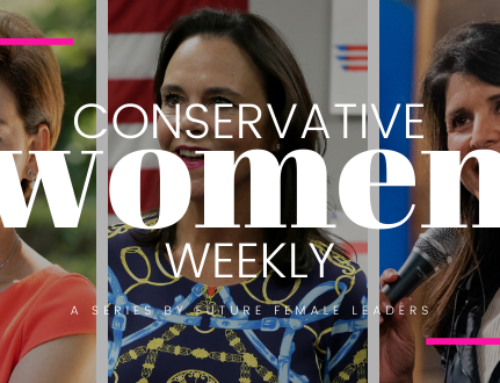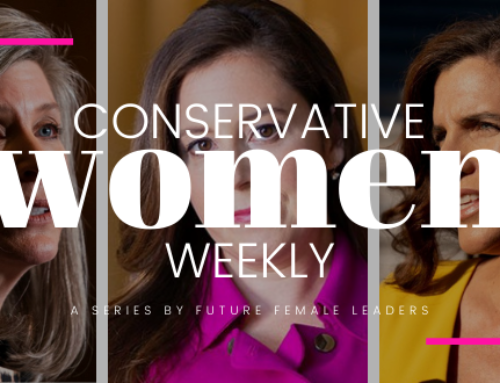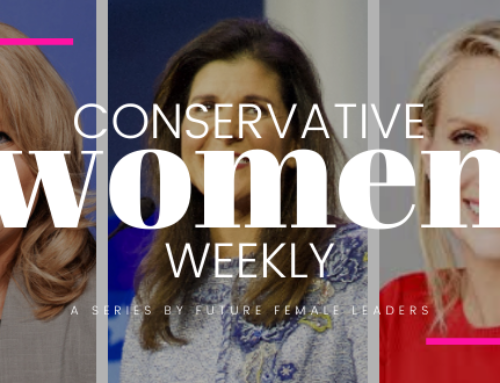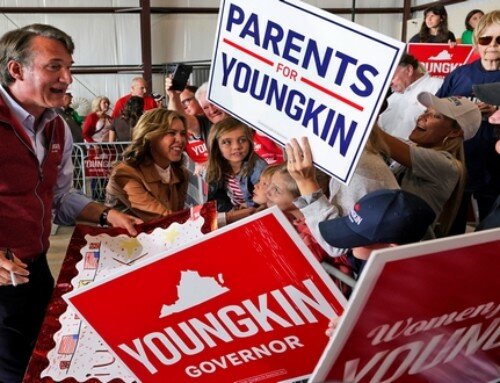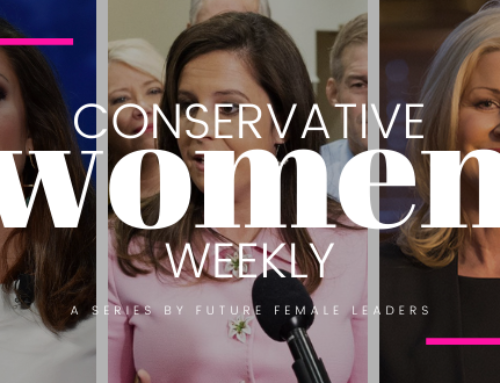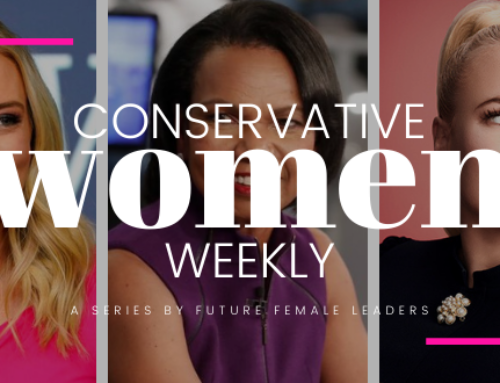There is a movement from coast to coast to raise the minimum wage, with the most popular cry being for $15 minimum wage. Minimum wage jobs usually require very little skill and carry very little risk. People ask for a $15 minimum wage as if it will be the answer to all their problems. What people fail to realize is that raising the minimum wage, and certainly raising it that high, which would almost double the national average, would be disastrous for businesses, and especially bad for those low-income workers who earn minimum wage.
Below are just 15 of the many problems with $15 minimum wage.
1) The first minimum wage in 1938 cost between 30,000 and 50,000 jobs.
2) It forces low-skilled people out of jobs, when employers won’t pay $15 to an unqualified worker. If employers are going to pay $15 an hour, they want someone who does a job worth that wage.
3) High-skilled workers who are worth $15 an hour are already employed at jobs that are paid $15 an hour.
4) Businesses would have to charge higher prices to account for rising employment costs, as has been seen in places that already have a high minimum wage.
5) The lower income people who are the ones earning minimum wage would be the ones hurt most by price inflation due to higher minimum wage.
6) Employers would be less likely or less able to offer fringe benefits to their employees, such as time off, sick pay, etc.
7) Empirical research over the past 70 years shows that minimum wage increases tend to reduce employment
8) Business owners would be less inclined to grow their small businesses, since they would have to pay an employee so high a wage.
9) Teenagers would lose these low-skill, low-pay jobs that help them gain experience for future jobs and activities.
10) Teen crime rate increases as teen unemployment increases, since teens have more free time and less money. This mirrors what happens when students are not in school.
11) People would be less motivated towards higher education if you could make $15 at a low skilled job. Why pay for an expensive education when you could make $15 an hour without one?
12) Increasing minimum wage increases job turnover.
13) This would encourage employers to hire illegal immigrants who they would not have to pay minimum wage, as they are not on official payrolls.
14) A high minimum wage encourages employers to install labor-saving devices and machines to replace expensive employees.
15) Many poor Americans do not work; therefore raising the minimum wage does not help them. It does not put more money in their pocket, and actually hurts them by increasing prices across the market.
Aryssa D
FFL Cabinet Member



